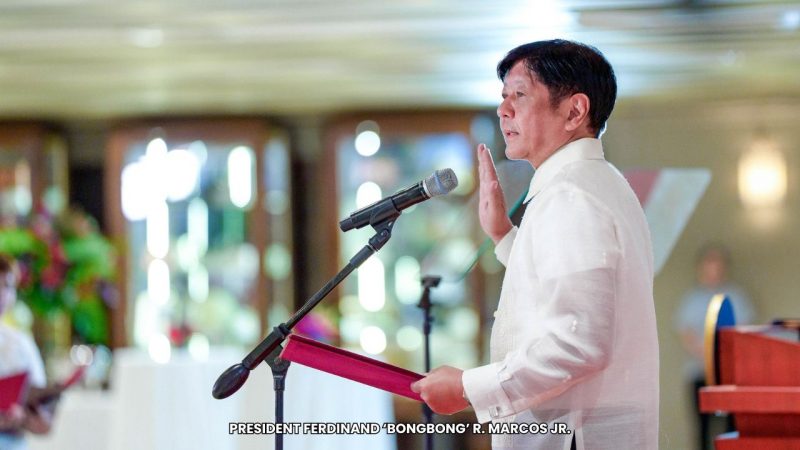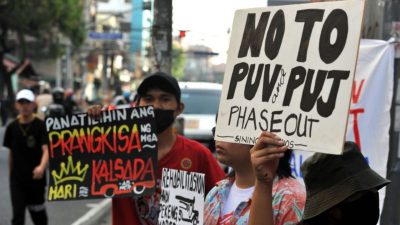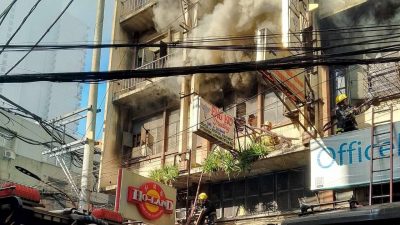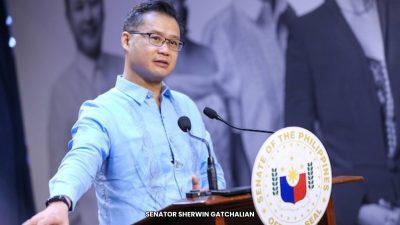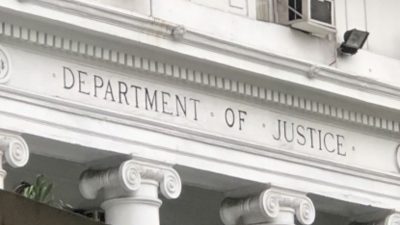MANILA – President Ferdinand R. Marcos Jr. expressed his support for the Private Sector Advisory Council’s (PSAC) proposals to enhance internet connectivity and improve flood mitigation, emphasizing their significance for Filipinos, especially those in remote areas.
During a meeting with PSAC’s infrastructure and digital sector groups at Malacañan Palace on Tuesday, Marcos acknowledged the importance of the council’s recommendations.
“The Private Sector Advisory Council’s (PSAC) recommendations on expanding internet access and strengthening flood mitigation efforts are crucial for ensuring better connectivity and services in the most remote areas of our country,” Marcos stated in a Facebook post.
“With the help of our private sector partners, we are building a future where every Filipino, no matter how far, is connected and empowered to succeed for a New Philippines,” he added.
Although Marcos did not go into detail about the specific recommendations presented by PSAC during the meeting, recent discussions have focused on addressing water security and enhancing flood control.
On August 29, Marcos also met with the PSAC-Infrastructure Group to deliberate on proposals that prioritize flood control measures, including the establishment of flood control basins. These basins are part of the government’s Infrastructure Flagship Projects, which focus on managing 88 rivers identified by the Integrated Water Resources Management Office.
PSAC further noted that improved pipelines and water systems have played a significant role in reducing system losses and mitigating flood risks in vulnerable areas.
In a related development, the National Economic and Development Authority Board approved a PHP16.1 billion budget in July for the Philippine Digital Infrastructure Project (PDIP), aimed at enhancing internet connectivity nationwide, particularly in geographically isolated and disadvantaged areas. However, the allocated funding was lower than the PSAC’s initial proposal of PHP240 billion.
The PDIP is designed to bridge the digital divide by improving broadband connectivity, especially in underserved regions.
ia/mnm

